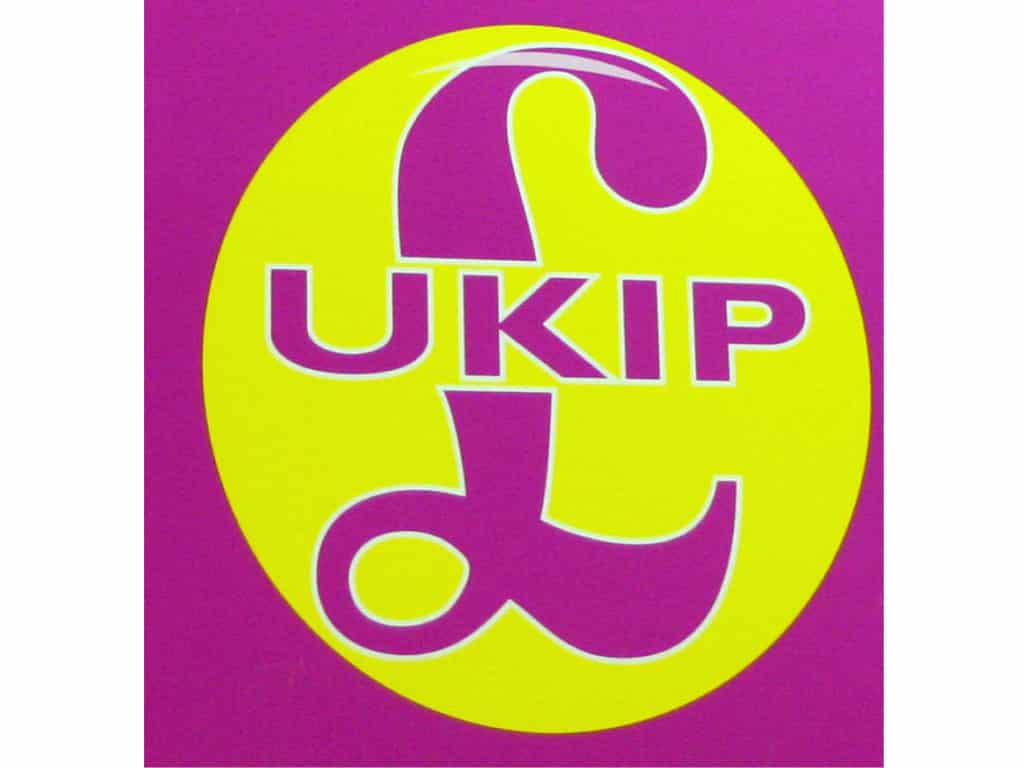Depending on who you listen to, UKIP are either a temporary blip to be laughed at, or ignored, or constitute a permanent threat. Andy Coulson gave CCHQ some anti-UKIP advice yesterday in GQ, rebutted here by UKIP’s Michael Heaver. Tim Montgomerie is as wise as any Conservative and he thinks UKIP are here to stay. Stephen Tall thinks that the new unbalance of power means that, if the Conservative Party wants to stay in power, we have to form an alliance with UKIP or the Lib Dems.
I agree with Tim that UKIP are a long term fixture of UK politics. I also think that the Liberal Democrats are as tough as weeds. They may be doing badly in today’s polls – but they will do much better than the polls say. Lib Dem MPs seldom lose elections.
UKIP members are evangelical about their party in a way that most mainstream party activists aren’t any more and they campaign and recruit enthusiastically. They have positioned themselves contentedly and well against the “political class” and are happier when under attack than when ignored. The more abuse they get – the more convinced they become that they are right and the more their energy levels rise. UKIP will do well in May 2014 (duh) which means that they will have lots of new paid staff who will be keen to invest their free weekends in campaigning for their party and looking to be part of the campaign that gives them their first MP. Plus they will have the benefit of hundreds of gallons of PR ink in the media – everyone likes the cheeky-chappy underdog.
Winning elections in the UK just got a whole lot harder. Most campaigners and strategists only have experience fighting two party politics.
Now we have to raise our game:
- The two party, plus a protest vote party, contests are over. We need new thinking and new approaches to win 3-way or 4-way elections contests. Just slagging off the “other” party is not good enough. We need to convince people to vote for us as much or more than we need them to vote against someone else. I worked, briefly, with a candidate who told me to my face that the campaign message should be that locally the Lib Dem council was rubbish and the Conservatives would be better and that nationally the Labour Government was rubbish and the Conservatives would be better. End of messaging – nothing positive at all to say. It didn’t work very well for that candidate – it will work even less in the future.
- Social media means that our messages have to become more consistent, more believable, more positive and more real. More honest. In 2015, you will be caught out if you say in one part of your constituency “Vote for me/Party C if you don’t like Party A, because Party B is a wasted vote ” and in the other part of your constituency you say “Vote for me/Party C if you don’t like Party B – because Party A is a wasted vote”. There is a very real risk that campaigners from Party A and B and UKIP may (!) notice and may point out your two-faced messaging to the electorate.
- Pledge data needs more work than ever before. More canvassing – less preaching. Pledge data has often been more ancient fiction than current fact. Now more and more people are changing their minds and their loyalties as well and acting like consumers. Much of the existing pledge data could do with being treated with extreme caution and campaigns should focus on authentic and honest surveys.
According to a YouGov poll for The Spectator in Feb 2013, while 60% of UKIP supporters voted Conservative in 2010, 15% of UKIP supporters voted Lib Dem in 2010 and 7% voted Labour. As Michael Heaver says, UKIP aren’t just grumpy Tories and there are some Labour and Lib Dem MPs who should be anxious too.
The mix of the Scotland independence vote, the state of the economy and a European referendum around the corner means that politics will become much harder to predict and may even increase turnout. Anything that raises interest in policies, proper debate and scrutiny of manifestos should be welcomed. It might get bumpy along the way but I guess good politics is bumpy politics.

